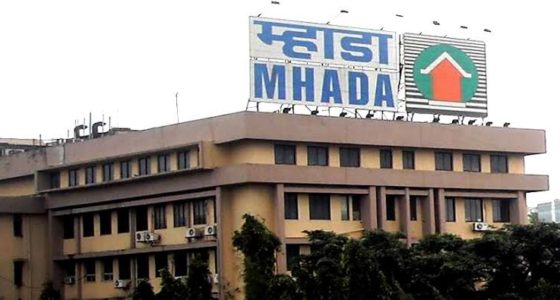By Manju Yagnik, Vice-Chairperson Nahar Group, Sr. VP NAREDCO Maharashtra
Property registration has always been a lengthy and time-consuming process in all states. Over the last few years, more than one lakh property documents have been registered in Maharashtra each month on average. Massive crowding at sub-registrar headquarters causes long lines that tax everyone’s nerves and patience. In the end, the traditional method of registering property sales deeds is extremely inconvenient, with people sometimes having to wait an entire day to have their property documents registered. Adding to that, visiting the department of a sub-registrar of real estate isn’t always pleasant. There are frequently long lines, forcing the buyer to wait a long time for his turn. These offices are frequently housed in run-down buildings plagued with brokers out to defraud homebuyers.
With the Maharashtra government launching online registration of property sale agreements, buyers can expect a more holistic experience in the future. This digital registration has simplified and facilitated the complex task of property registration, while also increasing transparency. This digital initiative was launched during the Covid-19 pandemic and has since then proved to be a boon for homebuyers and developers alike. More than 400 real estate developers in Maharashtra have chosen the e-registration system so far as it enables a swift registration process that enables them to save precious time and resources. E-registration for all first sales Property registration under MahaRERA will improve overall transparency. It is a significant step towards future-proofing the real estate sector in periods of current and future uncertainty, and it will assist developers in becoming even more customer-focused.
Online property registration is already available in a number of states, including Kerala, West Bengal, Karnataka, Tamil Nadu, Rajasthan, Jharkhand, Sikkim, New Delhi, Maharashtra, Madhya Pradesh, Uttar Pradesh, Uttarakhand, Telangana, Andhra Pradesh, Punjab, and Chhattisgarh. All of these states have created the Common Services Centre (CSC) Scheme, which verifies registrations.
Homebuyers may upload their necessary documentation in advance on the designated website’s Public Data Entry (PDE) section. They then select a day and time to come to the registration office. This step was intended to save time for both buyers and officials by requiring buyers to only come to the registration office for fingerprint recognition and signatures.
Benefits of e-registration
Here are some benefits of the use of technology for property registration:
- Ease of use
The Internet makes it extremely simple to register a property because the registration form can be downloaded online. Alternatively, the form can be obtained from the state’s concerned authority’s office. The property is registered in about two weeks after the details on the form and documents relating are verified.
- Increased transparency
The recorded history of ownership, number of rooms, gross carpet area, and foundation details are all available online. The goal is to keep nothing about the property hidden from a potential buyer. This creates transparency and reduces the possibility of fraud cases in real estate transactions.
- Litigation is avoided.
Because e-registration records all property transactions, it can be used as evidence in the event of a dispute.
- Safety
Property e-registration is secure on two fronts. To begin with, a hacker does not have access to an owner’s property papers, including the transfer of Power of Attorney. Secondly, there are numerous layers of protection in government servers, which have been SSL encrypted. Furthermore, they also have a personalized login system.
Way Forward
The Maharashtra government is taking steps to protect the data associated with such transactions in order to promote e-registration of newly purchased property and establish confidence among home buyers. The use of blockchain technology will prevent the redundancy of original agreement documents.
The Indian Bankers Association has already begun a blockchain pilot with banks and other mortgage companies. They are being made aware of e-registration documents after concerns were raised that because online documents lack stamps and signatures, they cannot be identified as original documents. In the second stage, we will have a unique number on these registered estate documents, which bankers will be able to enter into the system and match. If it does not match, it indicates that the document has been meddled with.
E-registration is a critical step toward facilitating the digitization of the real estate sector. This will significantly reduce overcrowding at registrars and eventually will allow developers to serve home buyers. The entire e-registration system will make the process easier and the data will be entirely safe and secure.
Also Read: Here’s what Real Estate Industry Thinks reduced home sales in Oct








